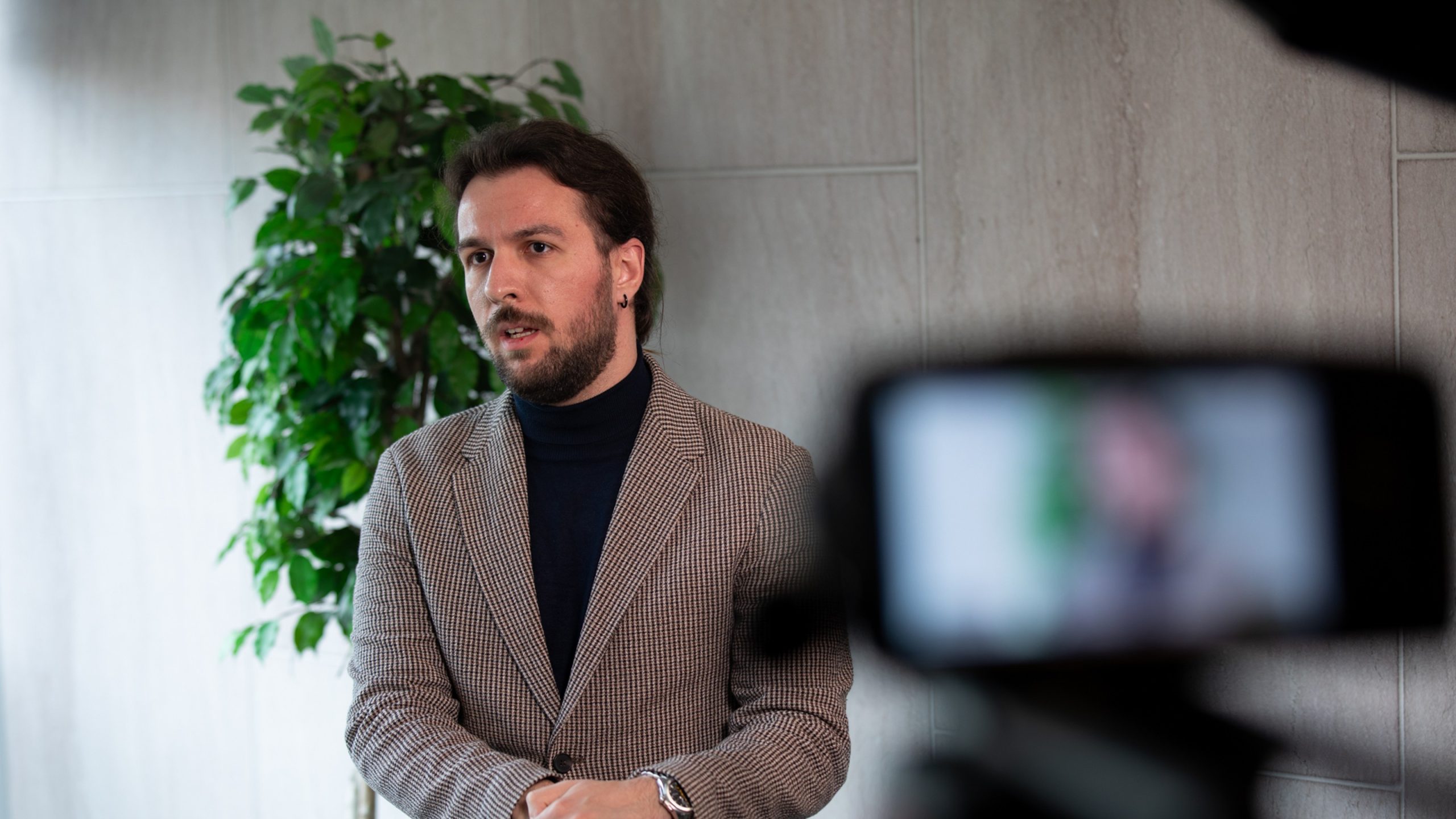Peter Thiel, one of Silicon Valley’s most influential investors and the man behind companies such as PayPal, Palantir, and the early stages of Facebook, is spending a month in San Francisco talking about… the Antichrist and the end of the world, in front of a sold-out audience that paid $200 to hear him speak.
In these lectures, Thiel links the “Antichrist” to a global government that wants to “put the brakes” on technology, especially artificial intelligence, presenting any regulation as a step toward the Apocalypse. This anti-rationalistic discourse, a combination of theological fear and economic ideology, is not merely rhetorical hyperbole; it is a strategy for normalizing a post-dark enlightenment. It transforms the debate on technology regulation from a political issue into a metaphysical war between the “good of innovation” and the “evil of slowdown” demonizing ultimately the regulators and the luddists (Luddism was a workers’ movement in 19th-century England that smashed machines to protest losing jobs — not out of fear of technology, but against its unfair use) -even the performative ones.
Technological progress is presented as an autonomous force, independent of human intentions or social responsibility by those who adopt the principles of dark enlightenment (The Dark Enlightenment is a modern anti-democratic ideology that rejects equality and reason, arguing that technology and hierarchy—not collective progress—should guide society) and being profited from this interpretation of the world. “Progress” no longer needs a moral foundation, only faith in its inevitable trajectory, with any criticism or insult to the priesthood of technological eschatology translated into heresy against progress. Technology as a social construct, with dimensions of social impact and political economy, should not be placed on a supernatural pedestal, ignoring dimensions such as social inequalities or the undermining of democratic oversight itself.
